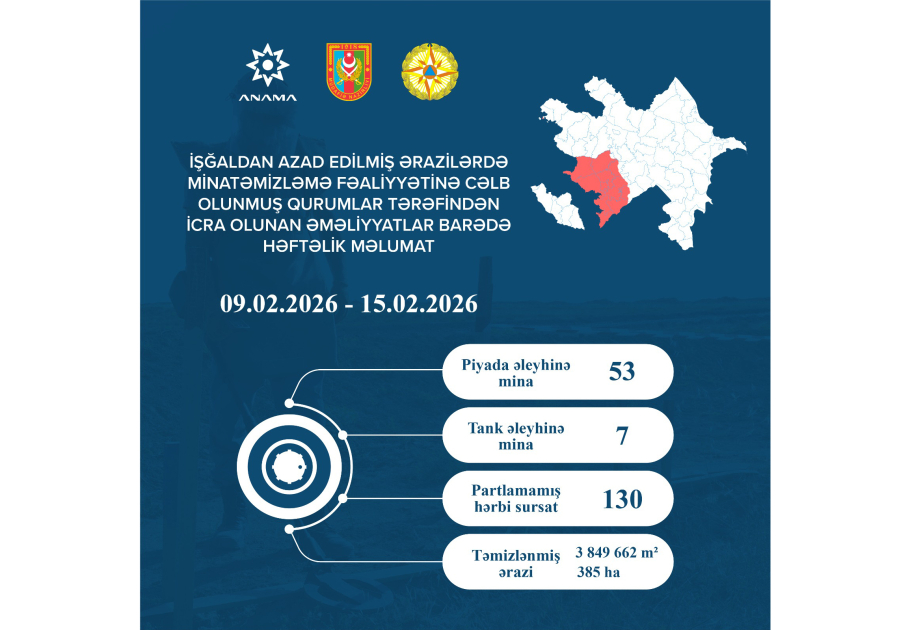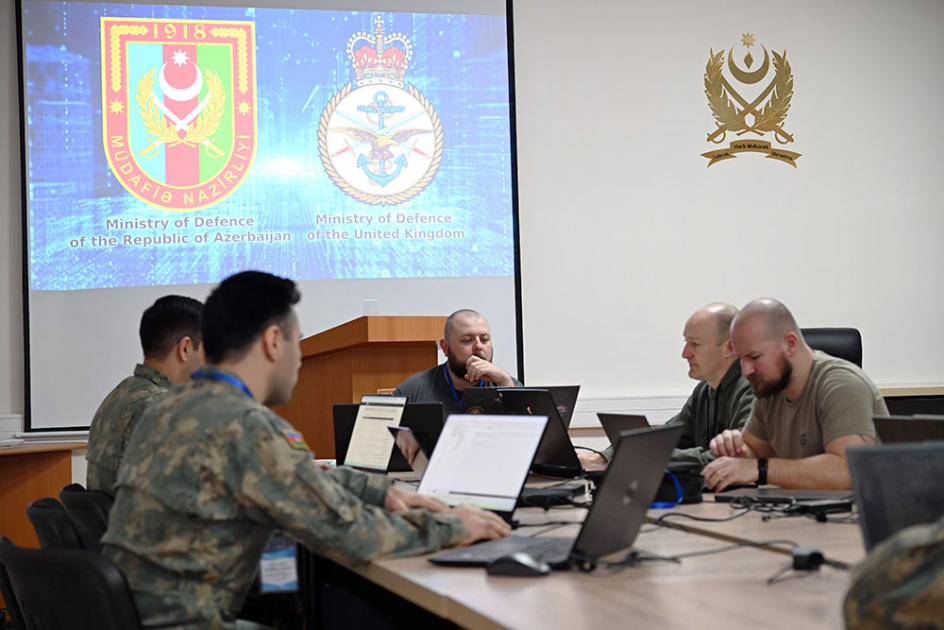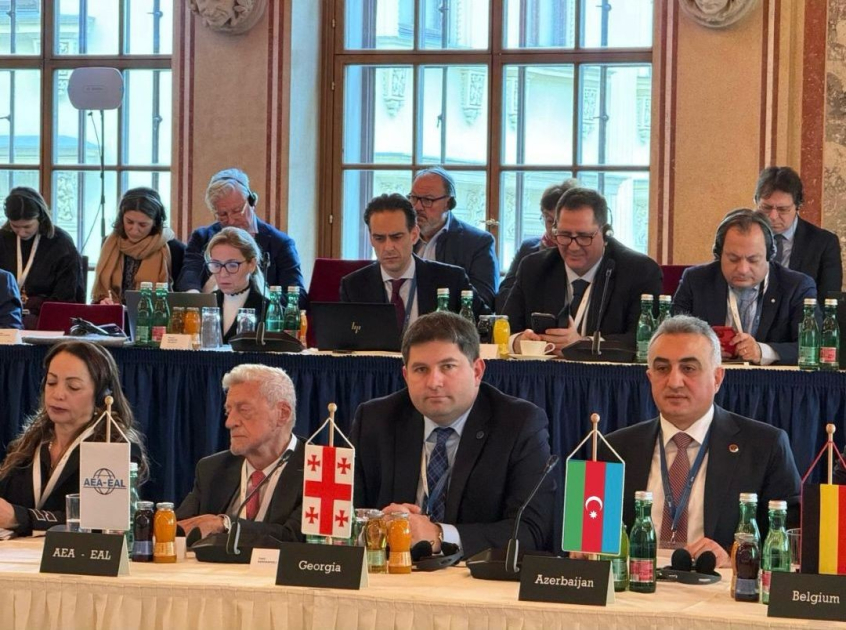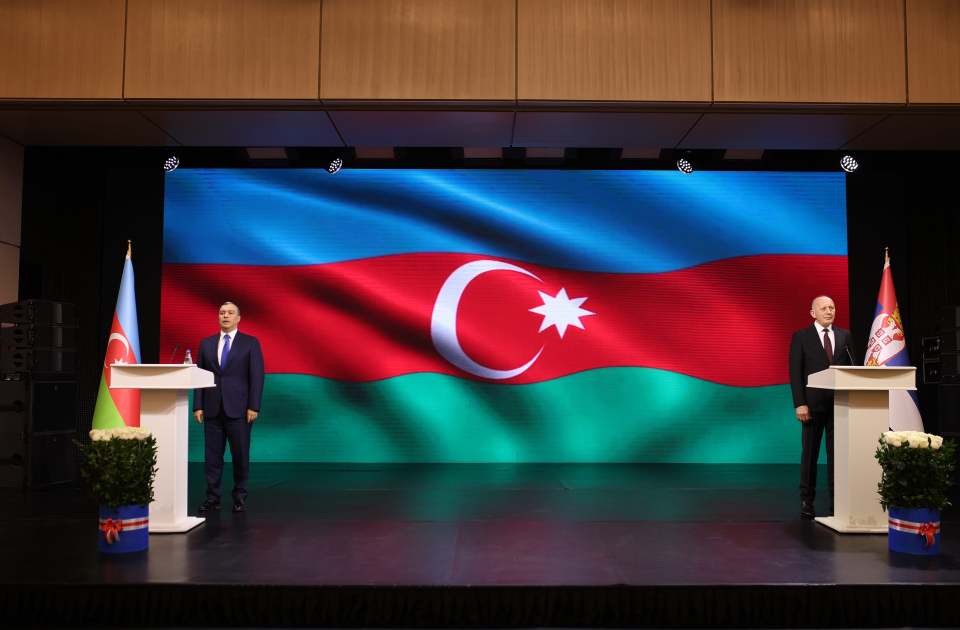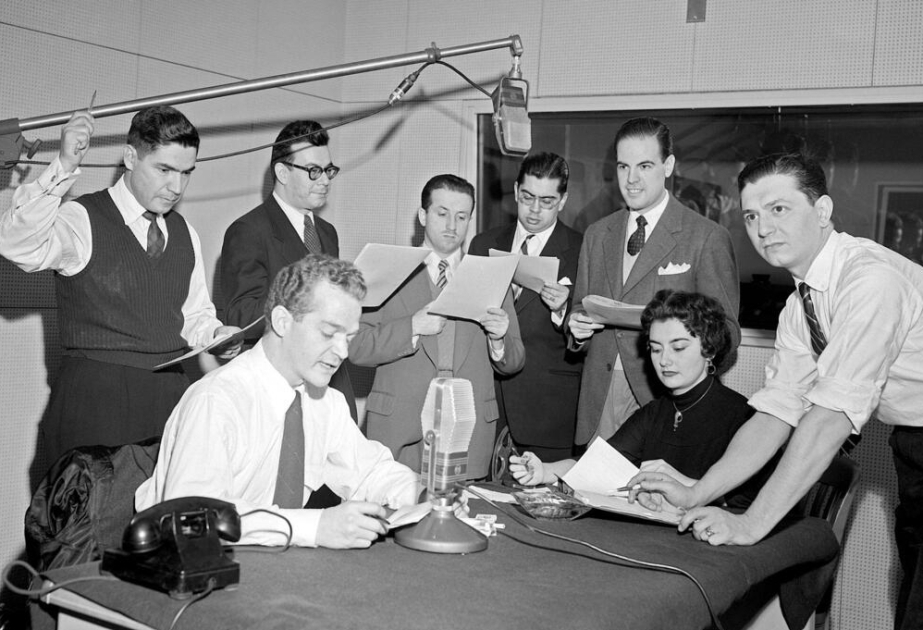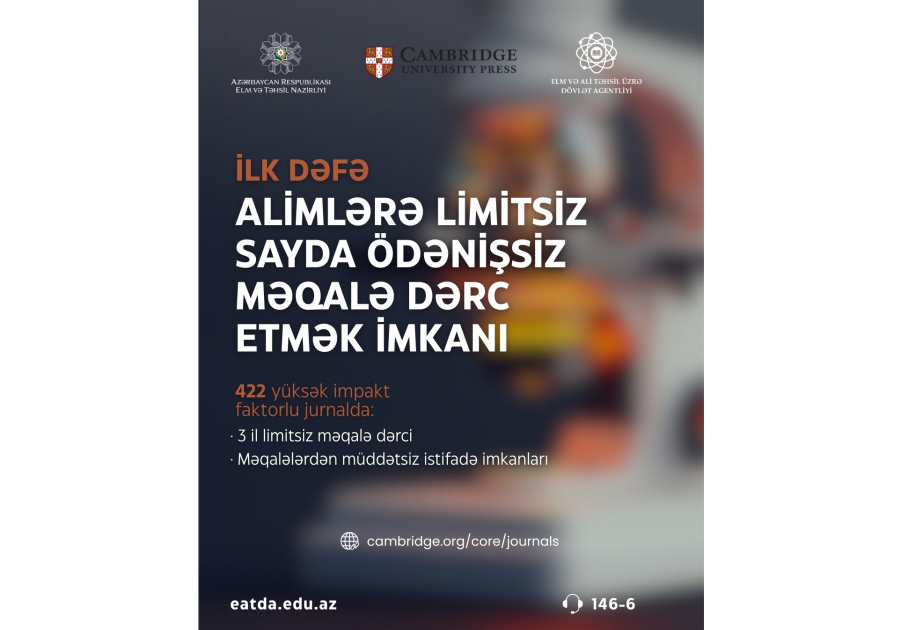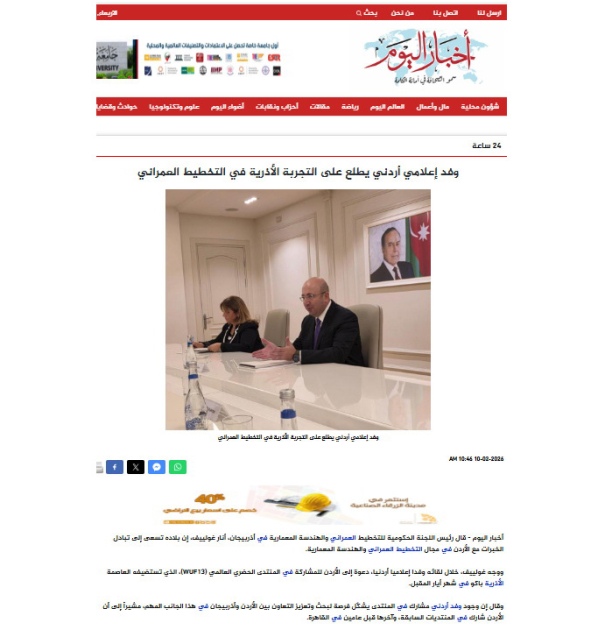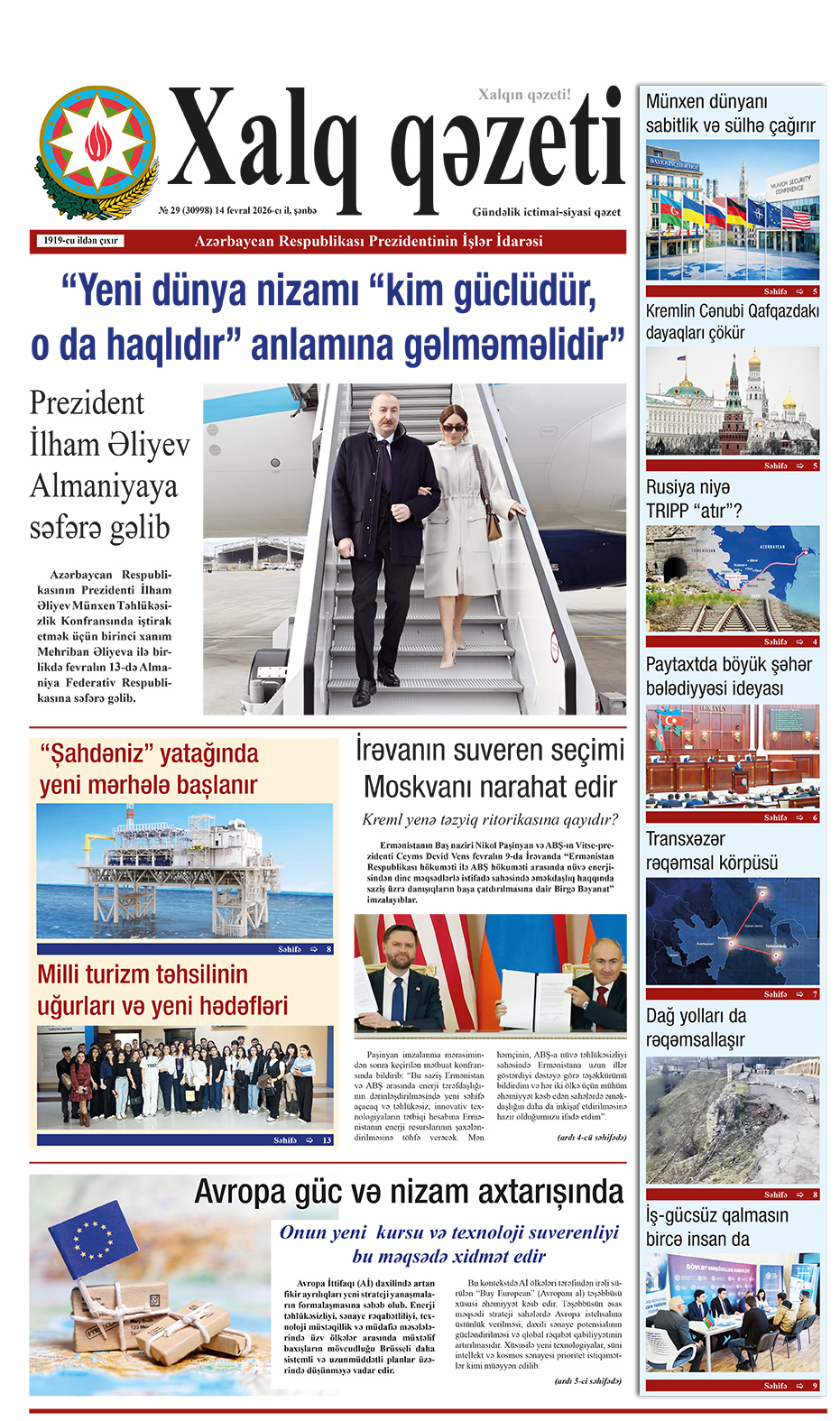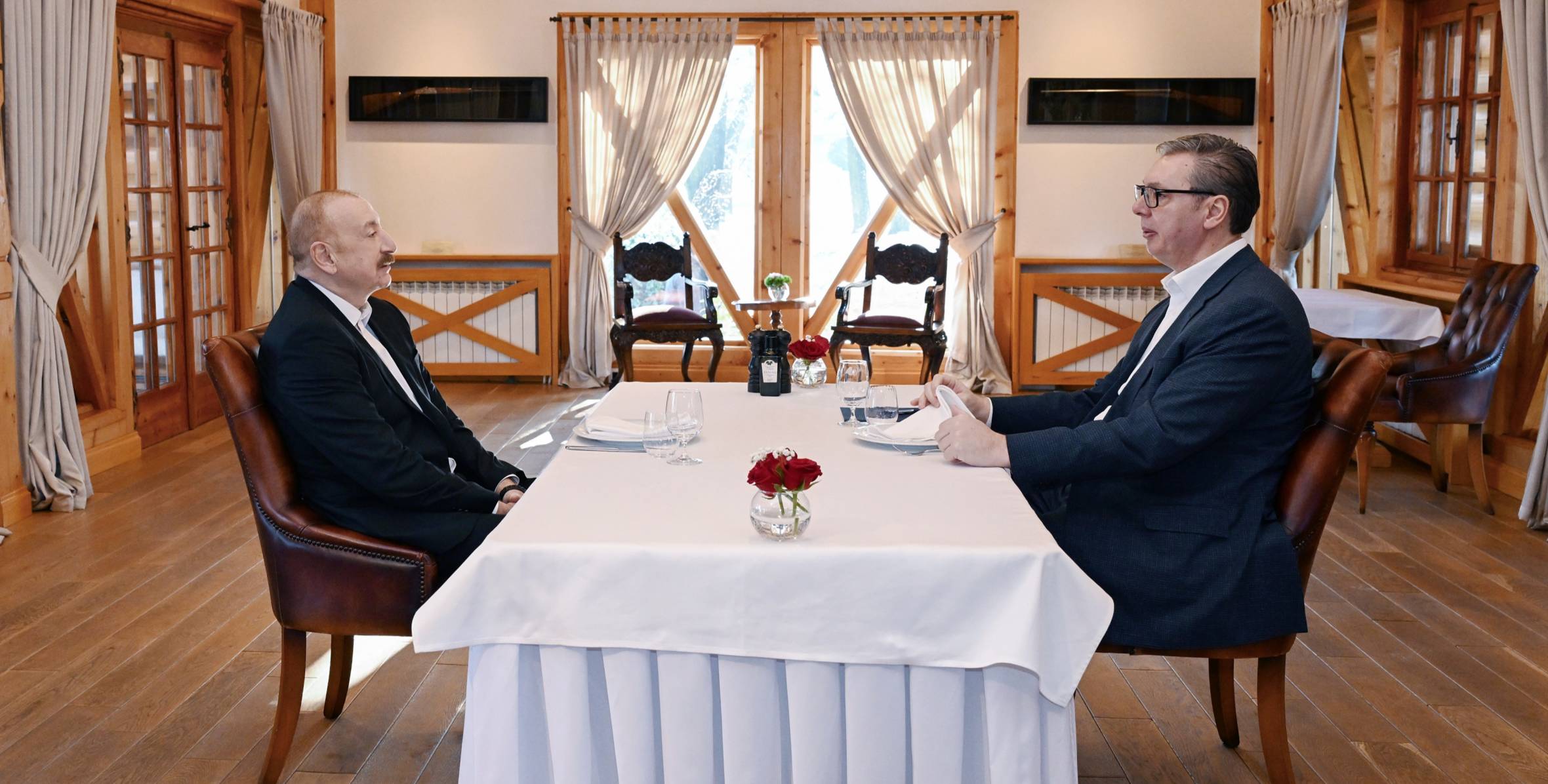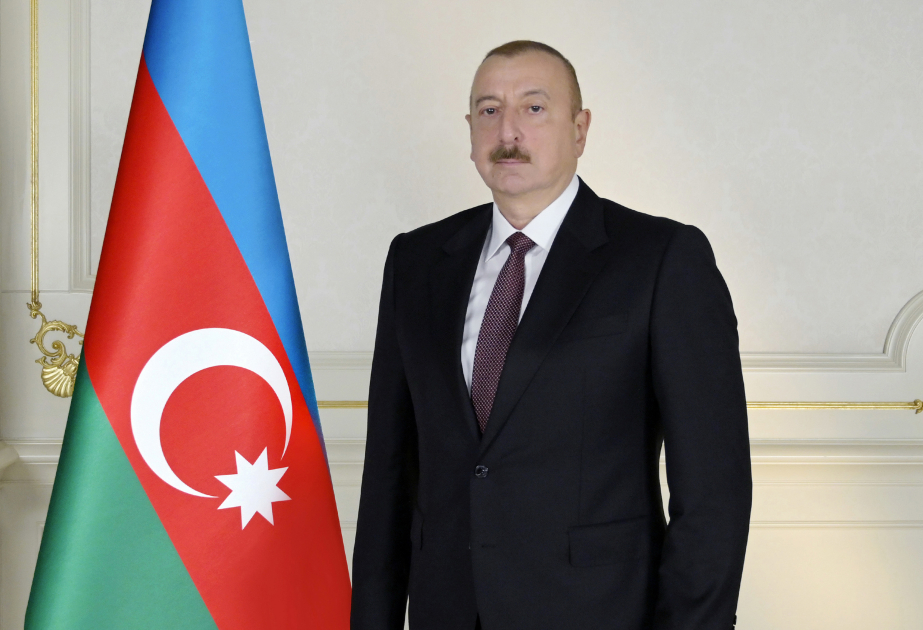In a revelation that has sent shockwaves through the political landscape of Germany, Foreign Minister Annalena Baerbock's grandfather, Waldemar Baerbock, has been identified as an officer in the Wehrmacht and an unwavering National Socialist who not only read 'Mein Kampf' but was also awarded the War Merit Cross with Swords in 1944. Baerbock, who has previously spoken about her grandfather's wartime experiences, had remained silent about his Nazi affiliations until a report by the German newspaper Bild brought these details to light.
Waldemar Baerbock's military career began in 1937 when he joined the Wehrmacht, the unified armed forces of Nazi Germany. As per Bild's report, he embraced National Socialism wholeheartedly, even reading Hitler's manifesto, 'Mein Kampf.' His devotion to the Nazi cause was rewarded in 1944 with the War Merit Cross with Swords, an honor bestowed upon those who demonstrated exceptional service and sacrifice during the war.
According to bnnbreaking, despite her family's past, Annalena Baerbock, a prominent figure in the German Green Party, has been a staunch advocate for peace and disarmament. Her party's 2021 manifesto even pledged to halt European arms exports to war and crisis zones. However, since assuming her role as Foreign Minister, Baerbock has taken a more interventionist stance, pushing for arms shipments to Ukraine amidst its ongoing conflict with Russia.
Responding to the Bild report, Baerbock's office issued a statement asserting that the Foreign Minister was unaware of the contents of the documents detailing her grandfather's Nazi associations. The statement, however, does little to address the discrepancy between Baerbock's advocacy for peace and her recent push for arms exports.
The use of the phrase 'was not aware' in the statement has also raised eyebrows, as Bild points out that such language is often used to obfuscate the truth when dealing with difficult family histories. This leaves the question of Waldemar Baerbock's actual views on National Socialism and their potential influence on his granddaughter's political stance unanswered.
Baerbock's shift from a proponent of peace to an advocate for arms exports has been met with both surprise and criticism. Some argue that her family history should have made her more sensitive to the consequences of war and the role of arms exports in fueling conflict. Others contend that her new stance reflects a pragmatic approach to the geopolitical realities of the present day.
Regardless of the motivations behind Baerbock's shift, the revelation about her grandfather's past has added a new layer of complexity to the debate. It has also sparked a broader conversation about the role of family history in shaping political beliefs and the importance of transparency when dealing with difficult pasts.
As Germany grapples with the implications of this revelation, Annalena Baerbock finds herself at the center of a storm. The Foreign Minister, known for her ardent interventionism and push for arms shipments to Ukraine, must now confront the ghosts of her family's past and the questions they raise about her own political stance.
The discovery of Waldemar Baerbock's Nazi affiliations, including his readership of 'Mein Kampf' and receipt of the War Merit Cross with Swords in 1944, has cast a long shadow over his granddaughter's political career. Despite her office's claims that she was unaware of these details, the disclosure has prompted a reevaluation of Baerbock's advocacy for peace and her recent push for arms exports.
In the wake of this revelation, Annalena Baerbock faces a critical juncture. Will she continue to advocate for interventionism, or will she reconsider her stance in light of her family's past? Only time will tell how this chapter in Germany's political history unfolds.




